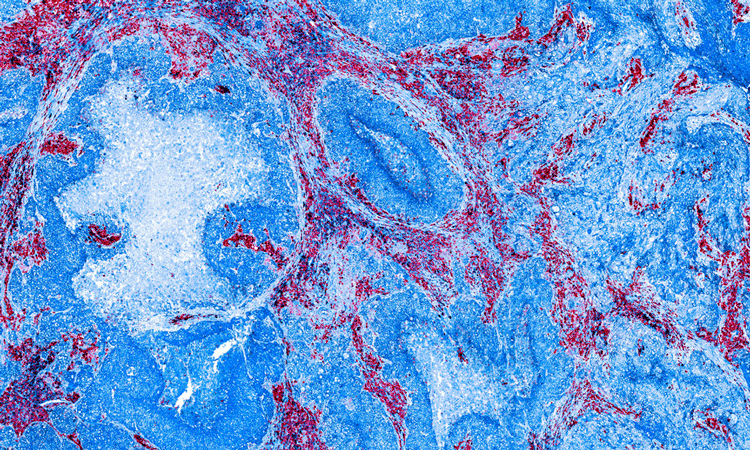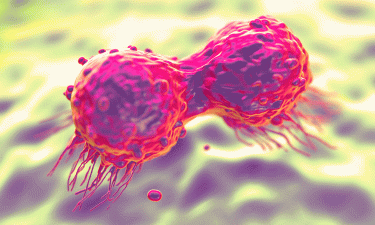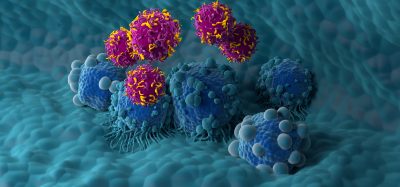Study reveals cancer cell fuelling mechanism
Posted: 2 August 2019 | Victoria Rees (Drug Target Review) | No comments yet
Researchers have identified the process behind cancer cell energy production, providing a drug target for treatments to inhibit growth.


A novel discovery has identified the energy production mechanism of cancerous cells that drives the growth of the nucleolus and causes tumours to multiply rapidly. The team believe that their findings could lead to the development of anticancer treatments the cut the energy supply to the nucleolus.
The study was conducted by researchers from the University of Cincinnati, US, and the Universities of Keio and Hiroshima, Japan.
…the nucleolus expands by engulfing Guanosine Triosphate, or GTP
“The nucleolus is the ‘eye’ of the cancer storm that ravages patients’ bodies. Being able to control the eye would be a true game-changer in cancer treatment,” said Dr Atsuo Sasaki, one of the research team’s lead investigators.
Previous studies have shown that the nucleolus produces ribosomes which encourage protein synthesis and consequently the growth of more tumour cells. However, the workings behind the ribosome production was unknown until now.
The researchers found that the nucleolus expands by engulfing Guanosine Triosphate, or GTP, which is a nucleotide needed to create RNA, prevalent in cancer cells.
“We were surprised to find out that among all types of energy that could be used for cell growth, it’s GTP that spikes and plays the most crucial role in ribosome increases that are associated with nucleolus enlargement in cancer cells. We knew right away that this was a substantial discovery that would require a sweeping range of expertise to understand what it truly meant,” Sasaki added.
The researchers observed an elevated level of inosine monophosphate dehydrogenase (IMPDH) in cancer cells, which increases GTP production and subsequently fuels nucleolus growth.


The team found that IMPDH inhibition suppressed tumour growth, prolonging the animal models’ lives.
“We are excited to continue our research on GTP for the development of therapies to annihilate the ‘eye of cancer’ in patients,” Sasaki said.
The findings were published in Nature Cell Biology.
Related topics
Drug Targets, Oncology, Research & Development
Related conditions
Cancer, Glioblastoma
Related organisations
Hiroshima University, Keio University, Nature Cell Biology, University of Cincinnati
Related people
Dr Atsuo Sasaki








